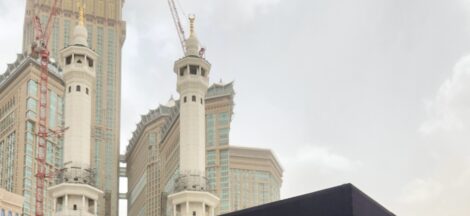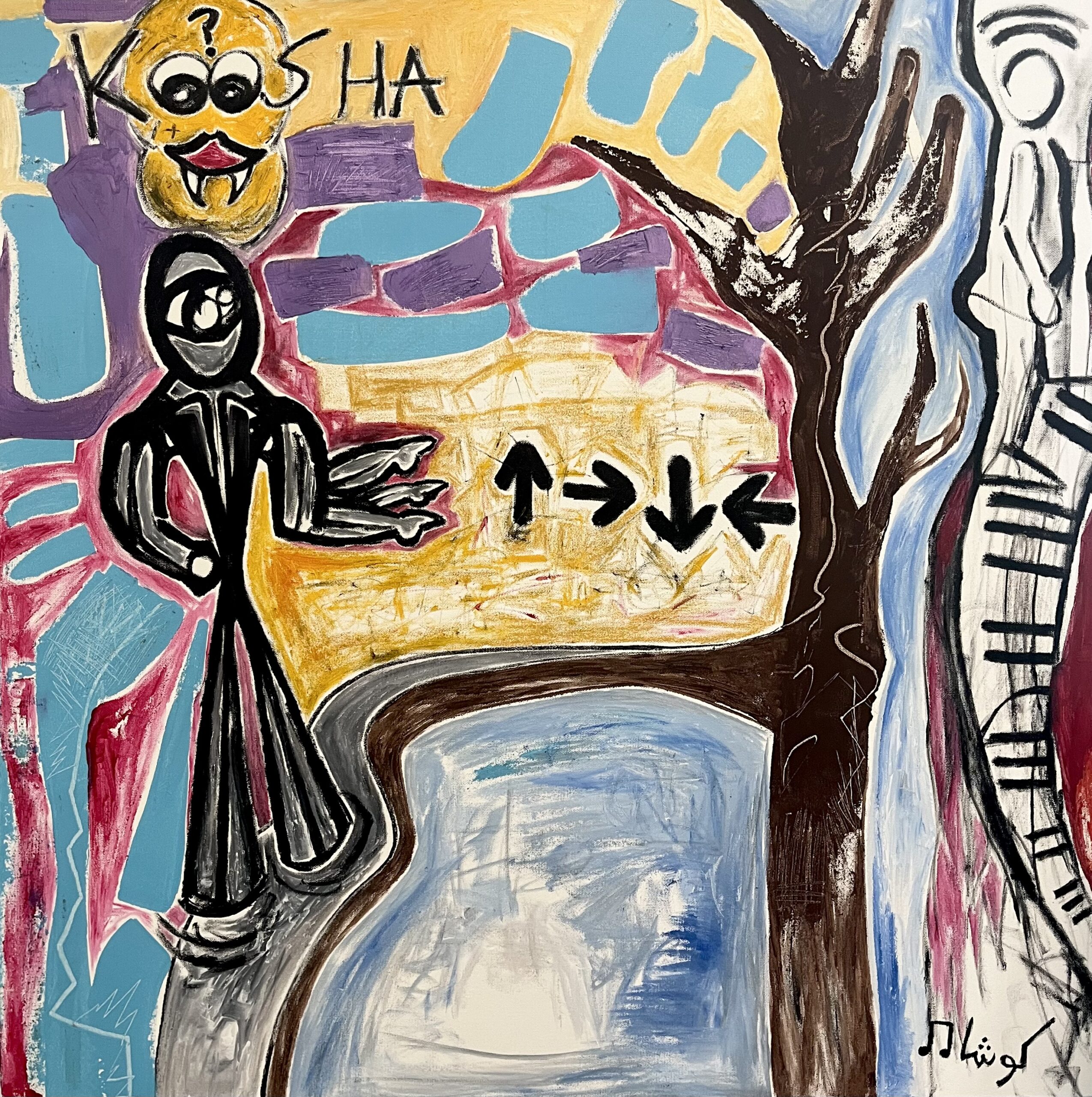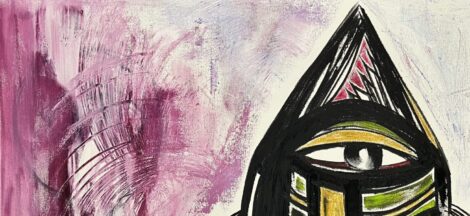In certain pockets of India, you might find a fruit seller who owns little more than his cart and daily inventory. Yet watch him gifting extra mangoes to regular customers, sharing tea with strangers, living moment to moment. His wealth flows through him as an energy that isn’t diluted in objects and markets. If his cart breaks, the community pools resources to help. If he has excess, it’s distributed. His relationship with possession is liquid, not frozen.
The man’s life is free and simple. He has less to worry about than a person we would call successful or sophisticated in the West and spends more time with his family than corporate serfs waiting for their 10 days of paid vacation.
Now picture a Manhattan banker living in the Upper East Side. Her designer wardrobe serves as armor, her portfolio is a fortress, each possession a battlement against uncertainty. She pays hefty insurance premiums to protect things she rarely has time to enjoy. Her time is commodified into billable hours. Her possessions consume her mental bandwidth, with the responsibility of ownership often overshadowing any joy they bring. What is the purpose of acquiring wealth when your comfort requires so much more responsibility?
Of course, not all ambition leads to a hollow existence. In Silicon Valley, Bangalore, and beyond, there are those who pour themselves into solving genuine human problems. The key distinction isn’t in the hours worked or even the wealth generated – it’s in whether your pursuit adds to the world’s abundance rather than just redistributing existing resources. The difference also lies in one conscious control over their path with full accountability for the weight it brings. Do you feel pride in your work without dying if the project fails? A founder working to make healthcare more accessible might look as “busy” as our Manhattan banker, but their relationship with their work, their impact, and their wealth carries a more human weight.
I watch my international friends and classmates attempt the American dream, thinking they will truly benefit from access to opportunities and capital. But at times I wonder how much less stress these people would have at home, eating with their family, greeting their neighbors, and participating in cultural activities. The good life that the West advertises is full of promises of home ownership, modern electric vehicles, and ideas that you are American and effectively stand with the team that uses (or exploits) the world’s resources to run the show. But you hit a low ceiling trying to climb a spiritual ladder in this environment. People go crazy trying to compete in new markets; they become corporate techno-gymnasts. You work to unlock greater agency and choices but for a small fraction of a day, often stuck in a wealthier neighborhood where everyone is more paranoid about what they fear losing.
This isn’t to romanticize poverty or dismiss opportunity – but rather to question what we sacrifice on the altar of Western prosperity, and whether the exchange rate for our cultural soul is worth the material gains.
We say we own a house, but it existed before and will exist after us. Thieves can barge in and occupy the premises. Ants can crawl in and out of the electricity sockets. Ownership is largely just legal fiction that we collectively agree to honor. It makes us feel like we have accomplished something. It makes us feel distinct. It is necessary for urban planning and modern living standards, but the concept can become a form of cancer when internalized deeply.
We inhabit our bodies temporarily. Every cell regenerates, we can’t control aging or serious illnesses. We’re like temporary caretakers of the vessel. The nature of everything is fleeting, yet the idea of permanence has a vice grip on some people.
When we release our desperate grasp on things, people, and places, we can truly hold the essence of all things. We can perceive and be present without an end goal of acquisition and attachment.
For me, Indian society offers vivid examples of joy untethered from possession – moments I’ve witnessed firsthand that challenge the Western hedonic treadmill.
I remember a particular tuk-tuk ride in India, about two hours south of Hyderabad, where the driver took my friends and I to a remote farm. Loud music was blasting through the speakers as the driver bumped his head to the rhythm of the distorted tabla. When we reached our destination, the driver had a wide smile, so I asked him why he seemed so happy on such a hot day. He simply said that driving and music make him happy. He giggled afterward. Writing about this small encounter does not do it justice. In his eyes, I saw a level of liberty that I had not seen in the eyes of hardworking technologists, bankers, or entrepreneurs back in California. I felt that someone in Cali would have to work their whole lives just to feel this sense of relief.
Tale of a Fisherman
I am reminded of the tale of a young fisherman, sitting freely at his dock, rod in hand. Something stirs in him – a voice of ambition, of “more.” Over the years, he builds an empire: a fleet of ships, hundreds of employees, an operation spanning oceans. He becomes wealthy but his peace gets lost at sea. He questions why he ever bothered pursuing this exponential growth curve. Eventually, his riches buy the peace and time for him to return to the dock he sat at as a youngster. And he returns to doing what he loves most, waiting for hours under the mellow breeze, waiting for a creature to nibble the bait.
This story illustrates the journey far from our simple contentments in pursuit of growth, only to discover that our achievements merely purchase the initial freedoms to do what brought us joy in the first place. The cycle completes itself. For some, the cyclical journey is natural, necessary, and poetic. For many, it is unfortunate and heartbreaking. Many would live better lives if they cut the noise and appreciated the joy readily available to them. The luxury that wealth brings can rot a simple happy family. It can also be transformative. But, it takes a certain individual and certain context to make the restless journey worth it.
The fisherman will not think about what he owned or what he controlled but rather how the rod felt in his hand, how the water rippled in geometric forms, and how nature provided a place of tranquility for his soul to rest.
As always, the best things in life are free.


